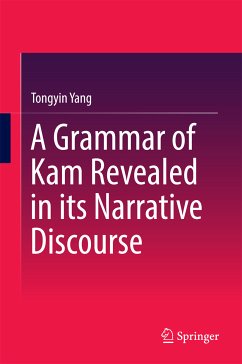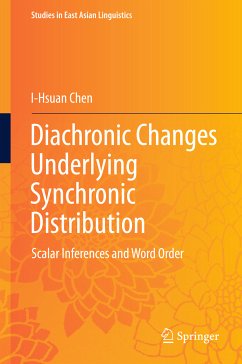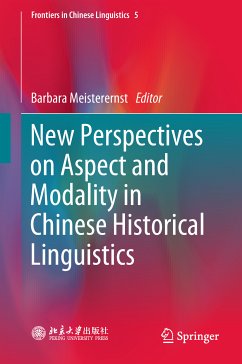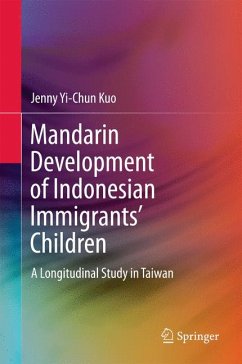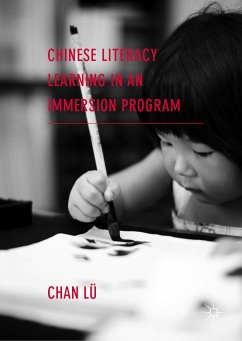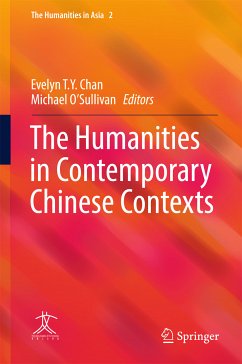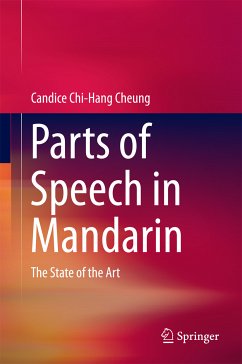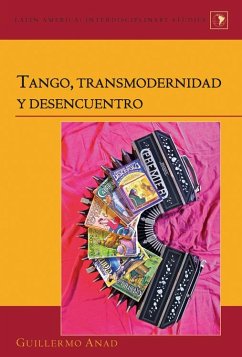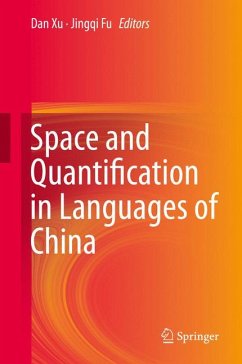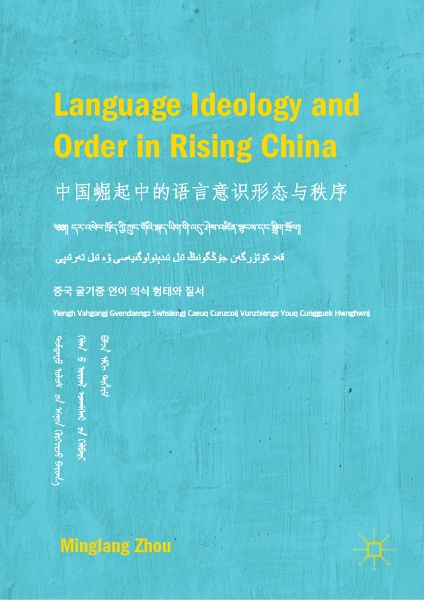
Language Ideology and Order in Rising China (eBook, PDF)
Versandkostenfrei!
Sofort per Download lieferbar
68,95 €
inkl. MwSt.
Weitere Ausgaben:

PAYBACK Punkte
34 °P sammeln!
This text considers contemporary China's language ideology and how it supports China as a rising global power player. It examines the materialization of this ideology as China's language order unfolds on two front, promoting Putonghua domestically and globally, alongside its economic growth and military expansion. Within the conceptual framework of language ideology and language order and using PRC policy documents, education annals, and fieldwork, this book explores how China's language ideology is related to its growing global power as well as its domestic and global outreaches. It also ad...
This text considers contemporary China's language ideology and how it supports China as a rising global power player. It examines the materialization of this ideology as China's language order unfolds on two front, promoting Putonghua domestically and globally, alongside its economic growth and military expansion. Within the conceptual framework of language ideology and language order and using PRC policy documents, education annals, and fieldwork, this book explores how China's language ideology is related to its growing global power as well as its domestic and global outreaches. It also addresses how this ideology has been materialized as a language order in terms of institutional development and support, and what impact these choices are having on China and the world. Focusing on the relationship between language ideology and language order, the book highlights a closer and coherent linguistic association between China's domestic drive and global outreach sincethe turn of the century.
Dieser Download kann aus rechtlichen Gründen nur mit Rechnungsadresse in A, B, BG, CY, CZ, D, DK, EW, E, FIN, F, GR, HR, H, IRL, I, LT, L, LR, M, NL, PL, P, R, S, SLO, SK ausgeliefert werden.



